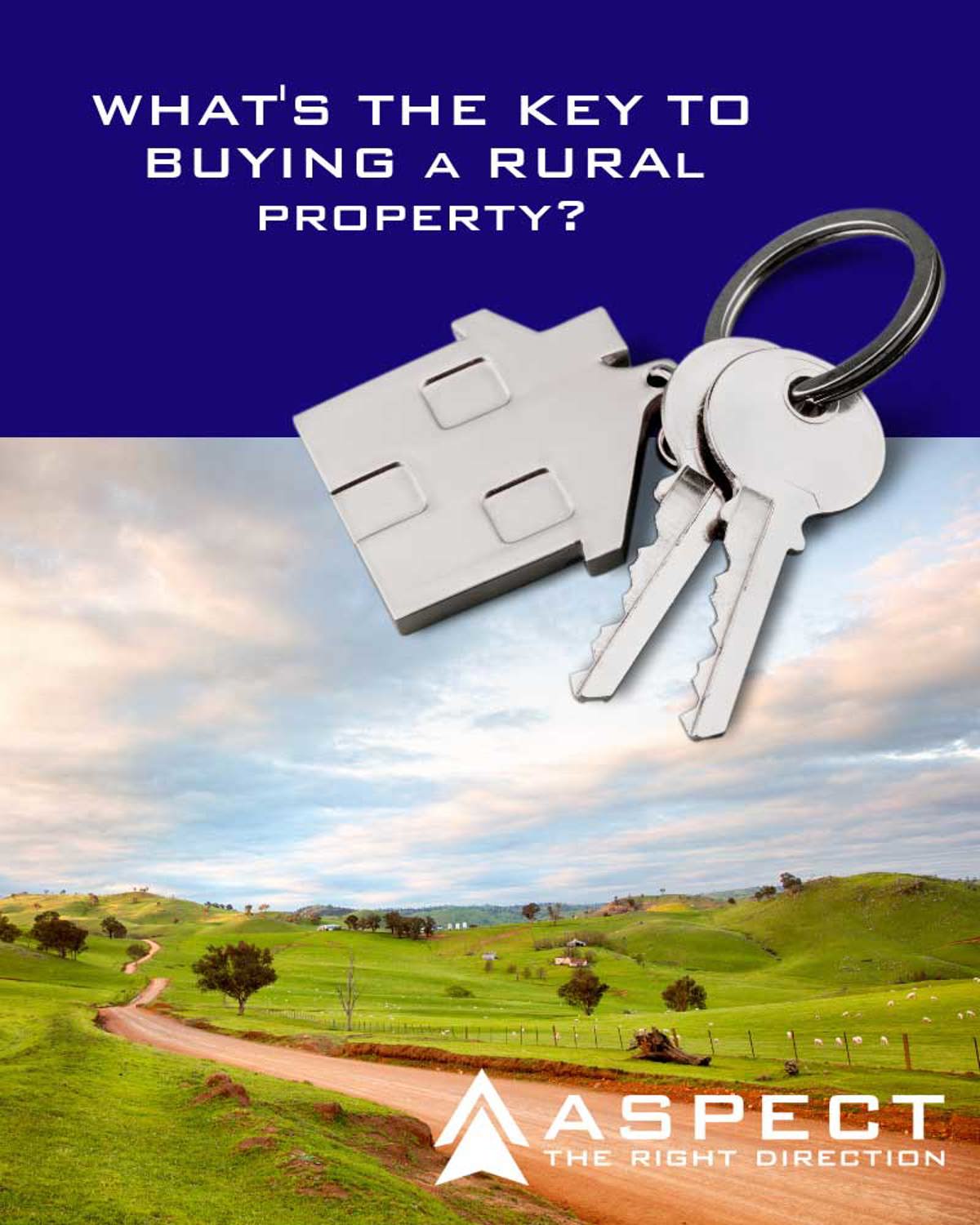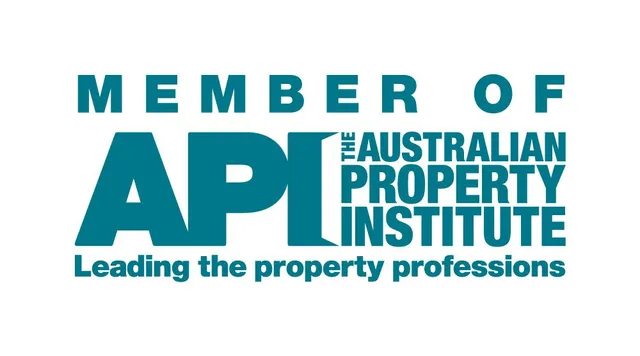Looking to buy a farm but not sure where to start?
14 June 2019
Matt Ward outlines the key points to consider when buying rural property...

Have you ever wanted to buy your own farm but not sure where to start?
The following are a few of the Key issues people need to think about before they consider purchasing rural property.
Work out your Why!
Why do you want to buy a Farm? Many people I come across in my line of work have a great plan to invest into some form of agriculture, they have a passion, an interest or an ideal of what they think they want. The romance of the sunset after hard days work, selling and/or consuming the produce you have worked hard to cultivate and grow, having time with their kids that doesn’t involve screens or paid entertainment. Getting back to simple pleasures and nature, or simply just wanting to make money!
Farming is not easy, you can do everything right, and then it doesn’t rain, or it rains too much or too late or too early, or a government decides to close your industry or market down overnight, and now you can’t sell your produce.
To farm commercially you need to be resilient and be prepared for the long haul, not the quick buck, otherwise mother nature will easily break you.
Work Out What!
What do you want to do on your farm? some people go for a mixed farm income, so they grow a couple of complementary crops with or without or livestock. Other options might include rural accommodation and farm stays, and other activities that may work for individual properties, like hiking and trail riding in the high country, fishing on private creeks and rivers, perhaps wine tours to your vineyard.
There are hundreds of different options and each option will come with its own set of needs and property requirements.
Choosing your Property!
Once you have decided what you want to grow, the next thing is to decide where you and your farm needs to be. If you want to keep your day job and have the farm run under management, then geographically the property can be further away from where you currenty live.
Things to consider can include
· Climatic conditions required for your produce
· Soils
· Rainfall or other water supply
· Suitable access
· Suitable Zoning
· Suitable infrastructure, including house, sheds and services (power, telephone, internet etc)
· Is the area known for growing what you are proposing?
· If you need staff, is skilled labour available?
· Weeds, insects, predators, wildlife and other potential natural competition.
· Topography
· Budget
· Required size and scale of property
Working out your finances.
If you want your farm to be self-sufficient, run under management or replace your existing income, then you will probably need significant amounts of capital to buy enough scale.
The size of the property is not always a clue to its profitability, it all comes down to the productivity. More intensive production will be able to be sustainable on smaller usually more expensive more fertile land, such as a dairy or an orchard. Larger and less productive farms are usually more suited to either grazing of livestock, or broad acre cropping.
Part of your due diligence should be financial modelling of what the expected income and costs might be. Even if you are only looking at a lifestyle with little or no income potential, there are added costs associated with owning, even a few acres, particularly if you are surrounded by commercial farming operations.
From time to time there maybe government grants in addition to the annual tax breaks for primary producers, which can be explored to see how they may help you with financing and sustaining seasonal income.
Expected returns from agricultural investment can provide net yields of between 5%- 10% for grazing properties and can be as high as 20% for other commodities, assuming favorable season, proper management and favorable commodity prices.
Specialist, niche or more intensive farming operations may yield higher, but also come with higher levels of risk or greater barriers to entry.
Get Good Management and Advisers
Like all property investment, management is key to the long-term success of your investment. Farming is no different and is more aligned with the management of a business than an investment property. Knowing what you want to do and then buying the right property to make that happen is critical for long term success.
Part of the acquisition process we follow for our clients revolves around, identifying the right property and areas for their needs, financial modelling, and other due diligence around the suitability of water supply, soils, on site and local industry infrastructure.
This helps our clients make more informed decisions about what is the right property and the right location.
Is Rural Property a Good Investment?
Like all property markets there will be ups and downs and regardless of the economic or seasonal conditions there is always a flight to quality.
Long term rural property values have generally been on the rise, in the past 3- 4 years that growth has been about 40% - 50% overall. This has been driven off the back of increased commodity prices on some produce, favorable seasons a couple of years ago and a general increase for demand, as scale and climatic diversification is becoming critical for the commercial viability of farming companies and families.
With growing demand for food at a global level, and food safety and security commanding a premium, Australia is well placed to supply fresh high-quality food and fibre into the world markets, and especially Asia. This local and international demand for Australian produce will help under pin and strengthen the Australia agricultural sector and with that, agricultural values, for the foreseeable future.If you have any queries or would like more detail on any other information on the key points feel free to contact us.


